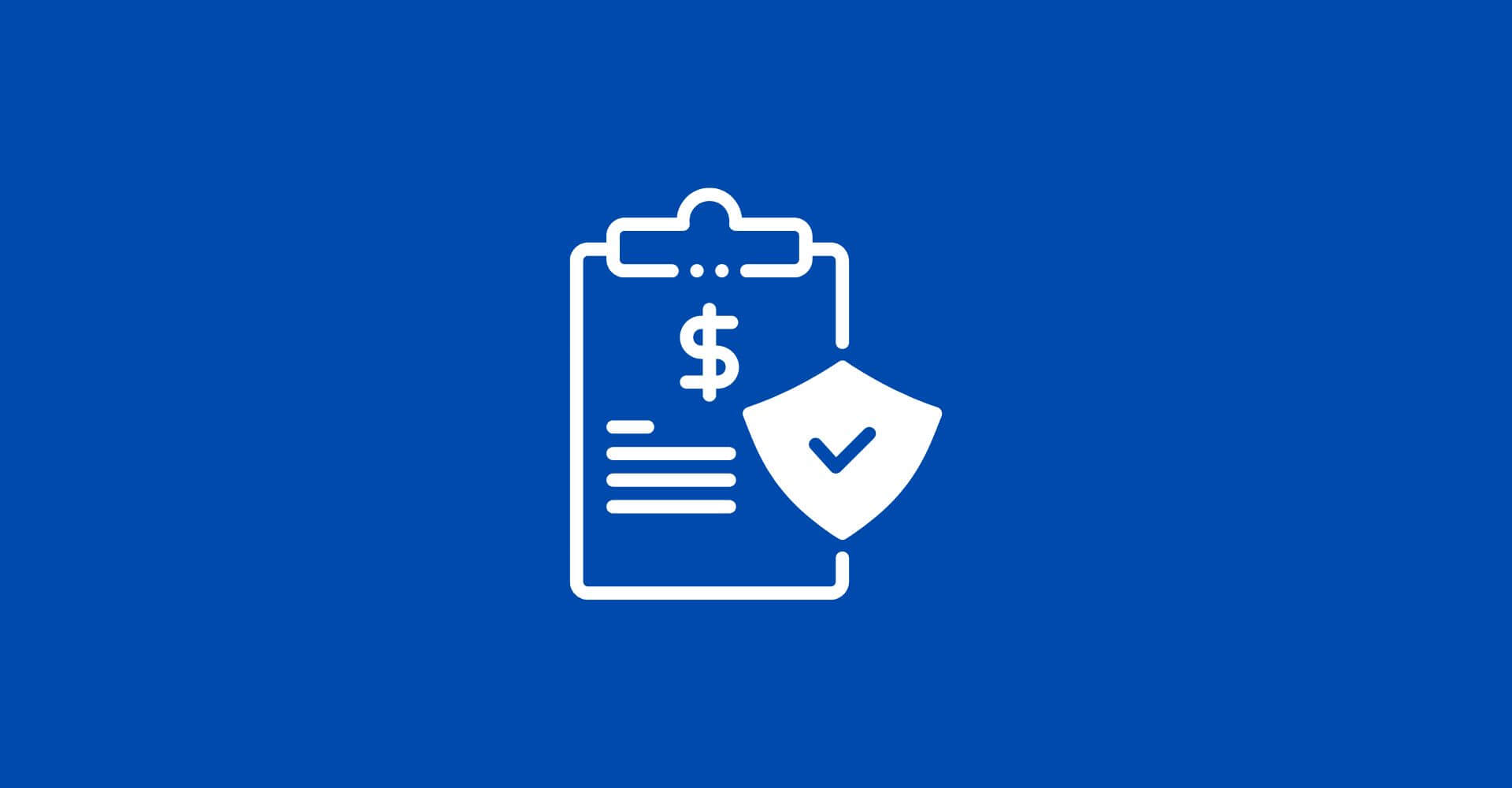Choosing the right health insurance plan for your employees is a critical decision that impacts their well-being and satisfaction. As an employer, it’s essential to thoroughly understand the health insurance options available to ensure you provide the best possible coverage. Here are the must-ask questions you should consider when evaluating your company’s health insurance options.
1. What Types of Plans Are Available?
Understanding the different types of health insurance plans is fundamental. Common options include:
Health Maintenance Organization (HMO): Requires employees to choose a primary care physician and get referrals to see specialists.
Preferred Provider Organization (PPO): Offers more flexibility in choosing healthcare providers and doesn’t require referrals.
Exclusive Provider Organization (EPO): Combines elements of HMOs and PPOs, usually without needing referrals but limiting coverage to in-network providers.
Point of Service (POS): Hybrid of HMO and PPO, requiring referrals but offering some out-of-network coverage.
Ask: What specific plans are available, and how do they differ in terms of flexibility and coverage?
2. What Are the Costs Involved?
Employees often have concerns about the affordability of their health insurance. Key cost-related questions include:
Premiums: What is the monthly cost to the employee?
Deductibles: How much must employees pay out-of-pocket before the insurance starts to cover expenses?
Copayments and Coinsurance: What are the costs for doctor visits, prescriptions, and other services?
Out-of-Pocket Maximums: What is the maximum amount employees will pay in a year?
Ask: What are the detailed cost structures, and how do they impact both the company and the employees?
3. Which Providers Are In-Network?
Network restrictions can significantly affect the convenience and satisfaction of your employees. Employees often prefer plans that include their current doctors and hospitals.
Ask: Which healthcare providers and hospitals are in-network, and how comprehensive is the provider network?
4. What Is Covered Under the Plan?
Coverage details are crucial. Ensure the plan covers essential health benefits like:
Preventive care: Annual check-ups, vaccinations, and screenings.
Prescription drugs: Coverage for medications.
Mental health services: Therapy, counseling, and psychiatric services.
Specialist care: Access to specialists without excessive restrictions.
Emergency services: Coverage for emergency room visits and urgent care.
Ask: What specific services and treatments are covered, and are there any exclusions or limitations?
5. How Are Claims Processed?
The efficiency and transparency of the claims process can affect employee satisfaction with their health insurance.
Ask: What is the process for filing and appealing claims? How long does it typically take for claims to be processed and reimbursed?
6. Are There Additional Benefits?
Many insurance plans offer additional benefits that can enhance employee wellness and satisfaction, such as:
Wellness programs: Incentives for healthy behaviors, gym memberships, smoking cessation programs.
Telemedicine: Access to virtual healthcare services.
Dental and vision coverage: Often available as add-ons or included in comprehensive plans.
Health Savings Accounts (HSAs) and Flexible Spending Accounts (FSAs): Options to save pre-tax dollars for medical expenses.
Ask: What additional benefits are included, and how can employees take advantage of them?
7. What Is the Renewal Process?
Understanding the renewal process helps in planning for future changes and budgeting.
Ask: How often does the insurance policy renew, and what are the conditions for renewal? Are there opportunities to change plans during the renewal period?
8. How Is Employee Support Handled?
Support services for employees can make a significant difference in how effectively they use their insurance.
Ask: What resources are available to help employees understand their benefits? Is there a dedicated customer service line or online portal?
9. Are There Any Legal or Compliance Considerations?
Compliance with local, state, and federal regulations is crucial for avoiding penalties and ensuring the company meets its obligations.
Ask: How does the plan comply with relevant laws, such as the Affordable Care Act (ACA)? Are there any changes in legislation that might affect the plan?
10. What Are the Long-Term Implications?
Consider the long-term impacts of the health insurance options on both the company and employees.
Ask: How sustainable is the plan in terms of cost and coverage over the next few years? Are there anticipated changes that might affect the plan’s benefits or costs?
Conclusion
Evaluating your company’s health insurance options requires careful consideration of various factors that affect both the employer and employees. By asking these essential questions, you can ensure that you choose a plan that provides comprehensive, affordable, and accessible healthcare coverage, fostering a healthier and more satisfied workforce.






